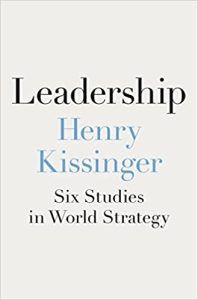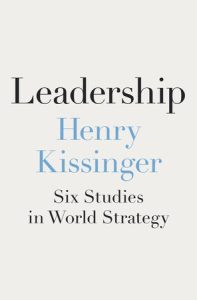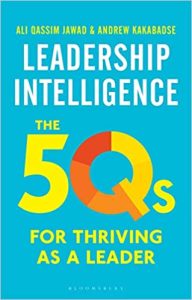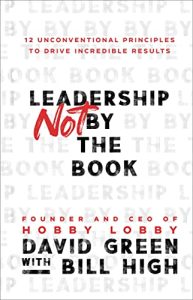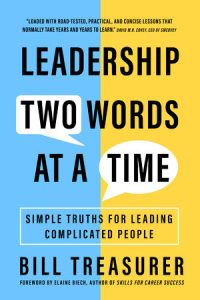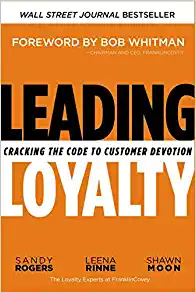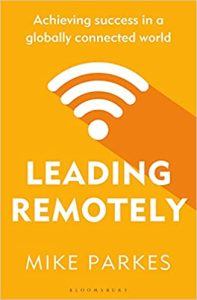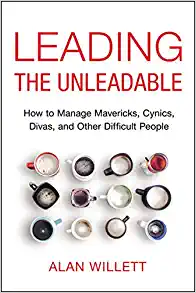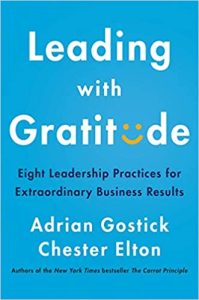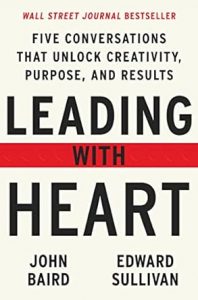Leaders
₦5,000.00In Leaders, retired four-star general Stan McChrystal explores what leadership really means, debunking the many myths that have surrounded the concept. He focuses on thirteen great leaders, showing that the lessons we commonly draw from their lives are seldom the correct ones.
Leaders featured in the book include:
Founders: Walt Disney and Coco Chanel
Zealots: Maximilien Robespierre and Abu Musab Zarkawi
Powerbrokers: Margaret Thatcher and Boss Tweed
And other leaders profiled include geniuses Albert Einstein and Leonard Bernstein, reformers Martin Luther and Martin Luther King, Jr., and heroes Harriet Tubman and Zheng He.
Ultimately, McChrystal posits that different environments will require different leaders, and that followers will choose the leader they need. Aspiring leaders will be best served not by cultivating a standard set of textbook leadership qualities, but by learning to discern what is required in each situation.




